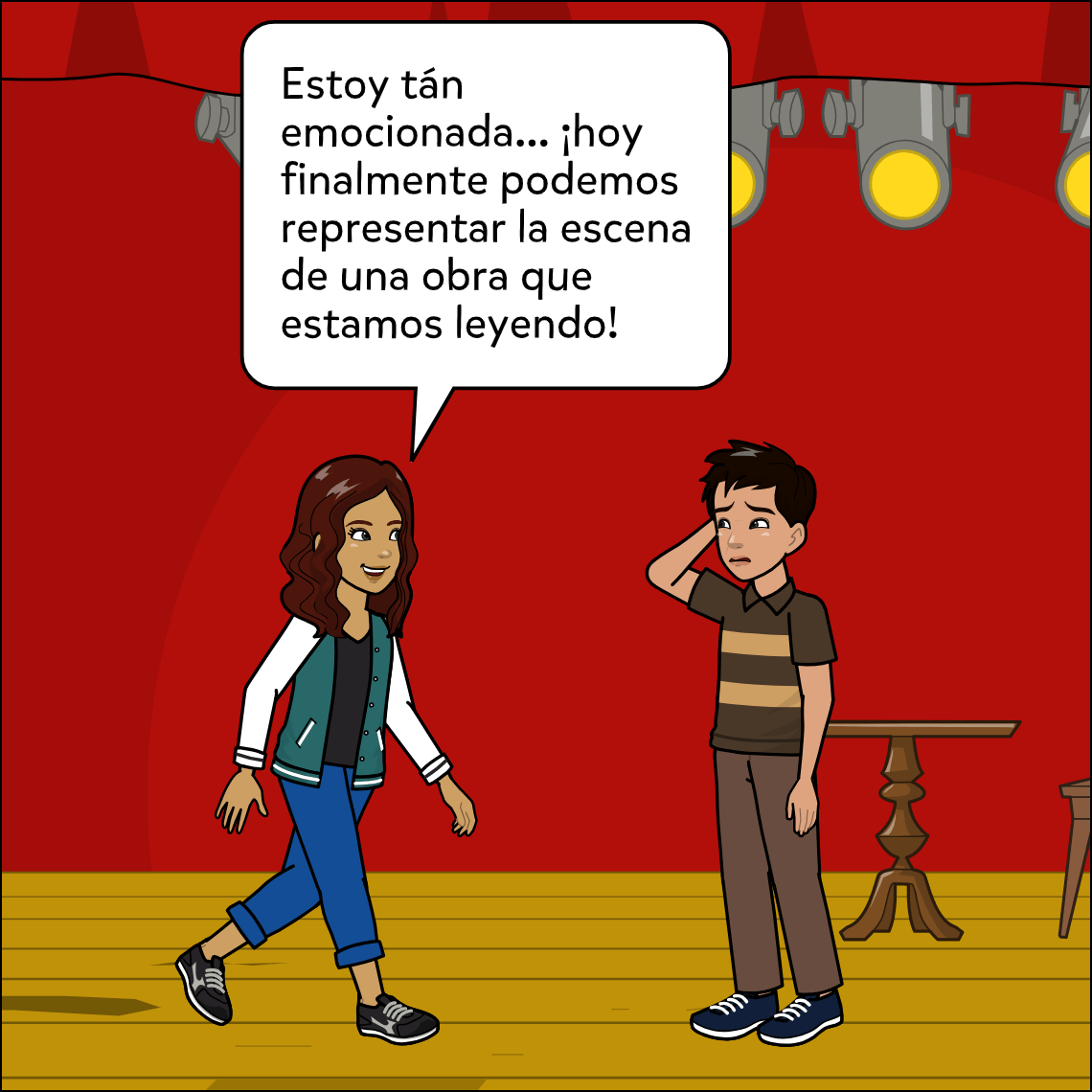Subject: SEL (Social-Emotional Learning)
Lesson Length: 40 mins - 1 hour
Topic: Emotions
Brief Description: Students will create a comic depicting a variety of emotions.
Know Before You Start: Students should be able to label emotions, body language and expressions.
Hook:
- Have students stand up and use their bodies, facial expression, and voices to act out different emotions. What does excitement look like? Anger? Confusion?
- Review how we know when someone is feeling a certain way.
- We read body language.
- We look at facial expressions.
- We listen to the voice tone and words they choose to express themselves.
- Review how we know what we are feeling?
-
We can feel what our bodies are physically experiencing.
-
We can listen to the words and tone we are using to express ourselves. How do we speak when we are angry? Excited?
-
Activity:
-
Read and discuss the sample comic.
- Have students create an emotion comic. Each panel should include:
- a character expressing a specific emotion.
- a caption listing the emotion and dialogue.
Closure:
- Share and discuss student comics. Are there any similarities? Differences?
- How do these differences relate to how each of us expresses our emotions?
- Display and categorize comics by emotion. For example, all “frustrated” comics are displayed together.
Differentiation:
- Allow students to use the speech-to-text feature.
-
Preteach vocabulary.
-
Provide visuals of different emotions with labels.
-
Allow students to work with a peer model.
-
Provide sentence starters as needed.
- As students create, discuss color as it relates to emotion.
- Does yellow make you think of happiness?
- Does blue make you feel low?
- Allow students to use the voiceover feature to read their comics aloud.
Resources:
- Comic to print or display: Comic.
-
Showing a short clip of “Inside Out” from Disney’s Pixar and discussing how the artists showed each emotion through color, dialogue, and physical/body language?
Suggested Content:
 Home
Home
 Elementary School
Elementary School
 Playground
Playground
 Sports
Sports


